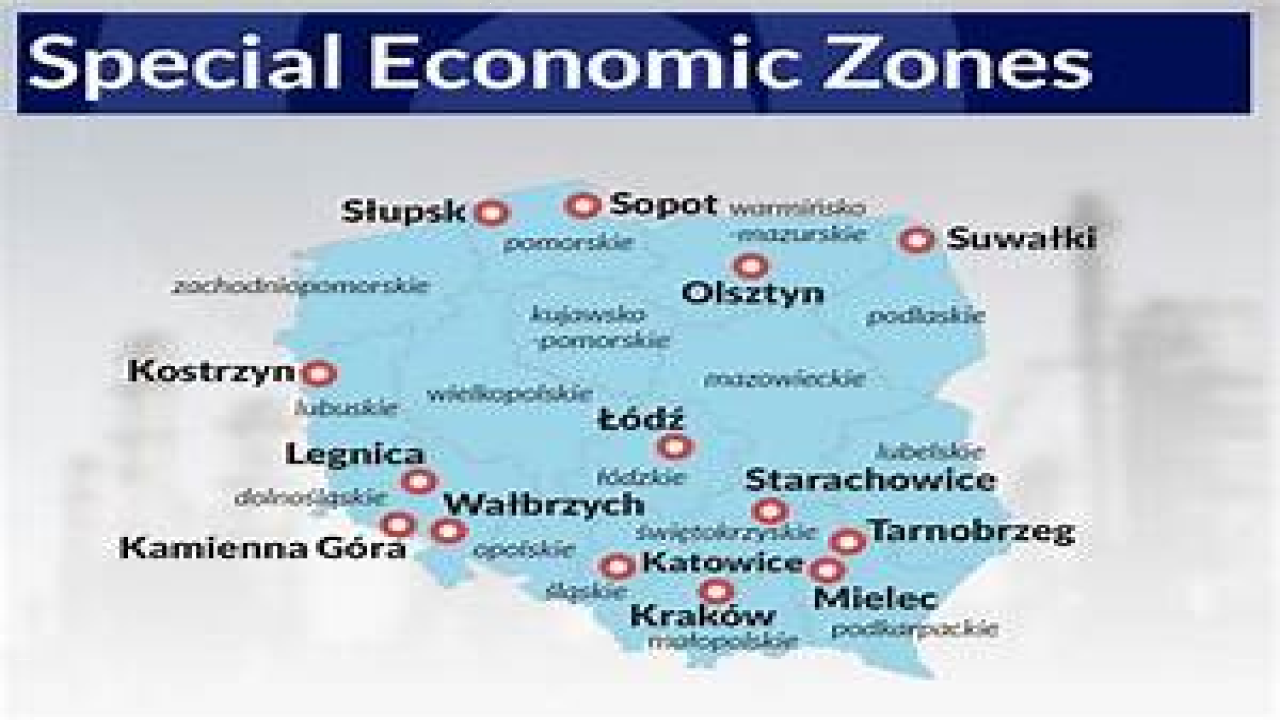Special Economic Zones – Update (March, 2023)
Special Economic Zones (SEZs) are designated areas within a country where businesses are granted special incentives and regulatory exemptions to promote economic development and attract foreign investment.
Meaning of Special Economic Zones
Special Economic Zones (SEZs) are designated areas within a country where businesses are granted special incentives and regulatory exemptions to promote economic development and attract foreign investment. These zones are typically located in underdeveloped or rural areas, and offer businesses a range of benefits, including tax incentives, streamlined regulatory processes, and access to infrastructure and resources.
History of Special Economic Zones
The concept of Special Economic Zones can be traced back to the 1970s, when China established its first SEZ in Shenzhen to promote economic development and attract foreign investment. Since then, many countries around the world have established their own SEZs, including India, Malaysia, and Vietnam.
SEZs have become increasingly popular in recent years, as many countries recognize the importance of promoting economic development and attracting foreign investment in a rapidly changing global economy.
Types of Special Economic Zones
Special Economic Zones can be broadly categorized into three types: Free Trade Zones, Export Processing Zones, and Industrial Parks.
Free Trade Zones
Free Trade Zones (FTZs) are designated areas where goods can be imported, processed, and re-exported without being subject to customs duties or other forms of taxation. These zones are typically located in port areas, and offer businesses a range of benefits, including reduced transaction costs, simplified regulatory processes, and access to global supply chains.
Export Processing Zones
Export Processing Zones (EPZs) are designated areas where businesses are granted special incentives and regulatory exemptions to promote the production and export of goods. These zones are typically located in underdeveloped or rural areas, and offer businesses a range of benefits, including tax incentives, streamlined regulatory processes, and access to infrastructure and resources.
Industrial Parks
Industrial Parks are designated areas where businesses are granted special incentives and regulatory exemptions to promote industrial development and attract foreign investment. These parks are typically located in underdeveloped or rural areas, and offer businesses a range of benefits, including tax incentives, streamlined regulatory processes, and access to infrastructure and resources.
Examples of Special Economic Zones
There are many examples of Special Economic Zones around the world, including:
- Shenzhen, China: Shenzhen was the first SEZ established in China in 1979. It has since grown into a major hub of economic activity, with a population of over 12 million people and a GDP of over $350 billion.
- Dubai, UAE: Dubai has established several SEZs, including the Jebel Ali Free Zone, which is the largest free trade zone in the world. These zones have played a significant role in promoting economic development and attracting foreign investment in the UAE.
Issues Associated with Special Economic Zones
While Special Economic Zones can bring many benefits, there are also several issues associated with their development and operation. Some of these issues include:
- Economic Disparities: Special Economic Zones can exacerbate economic disparities, particularly between urban and rural areas. This can lead to social and economic inequalities, as well as conflicts between different groups.
- Environmental Concerns: Special Economic Zones can also generate a significant amount of pollution and environmental degradation, including air and water pollution, and deforestation. This can have a negative impact on the health and well-being of local communities, as well as the wider environment.
- Labor Conditions: The development of Special Economic Zones can also raise concerns about labor conditions, including issues such as low wages, poor working conditions, and inadequate safety standards. These issues can be particularly acute in developing countries, where labor laws and regulations may be weak or poorly enforced.
- Resource Depletion: Special Economic Zones can also have a significant impact on local resources, including water, land, and raw materials. This can lead to resource depletion and other environmental problems, as well as conflicts with local communities over access to resources.


